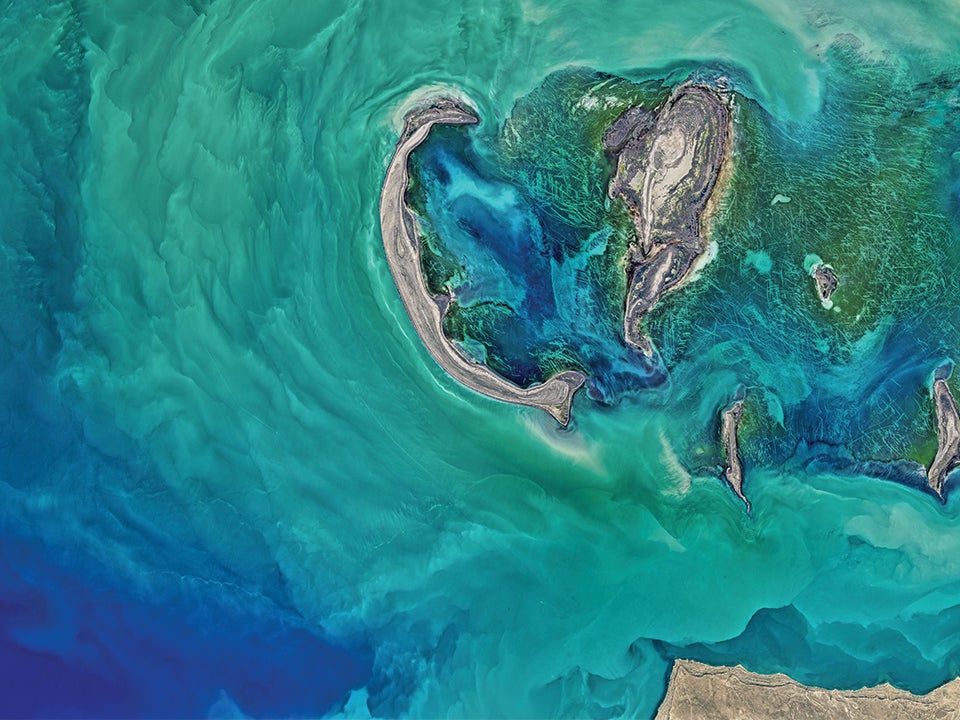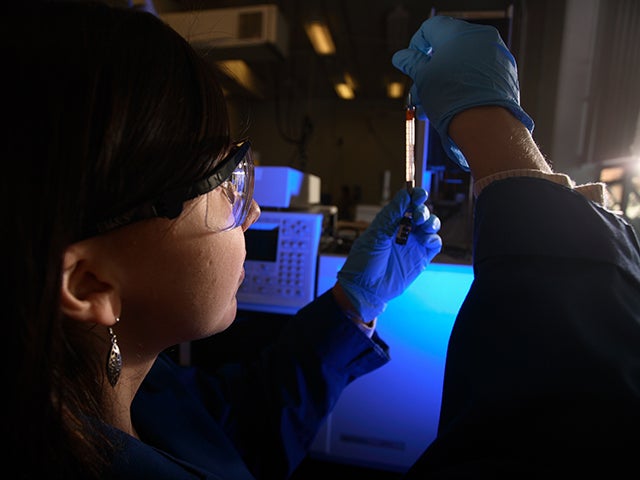Computer Simulations with Jupyter Notebooks
Instruction Mode: In-Person Instruction
Open Seats
8 Unreserved Seats

Instruction Mode: In-Person Instruction
Open Seats
8 Unreserved Seats

Instruction Mode: In-Person Instruction
Open Seats
8 Unreserved Seats

Instruction Mode: In-Person Instruction
Open Seats
7 Unreserved Seats

Instruction Mode: In-Person Instruction
Open Seats
59 Unreserved Seats

Instruction Mode: In-Person Instruction
Open Seats
5 Unreserved Seats

Instruction Mode: In-Person Instruction
Open Seats

Instruction Mode: In-Person Instruction

Instruction Mode: In-Person Instruction
Open Seats
13 Unreserved Seats

Instruction Mode: In-Person Instruction
Time Conflict Enrollment Allowed

Instruction Mode: In-Person Instruction
Open Seats
1 Unreserved Seats
